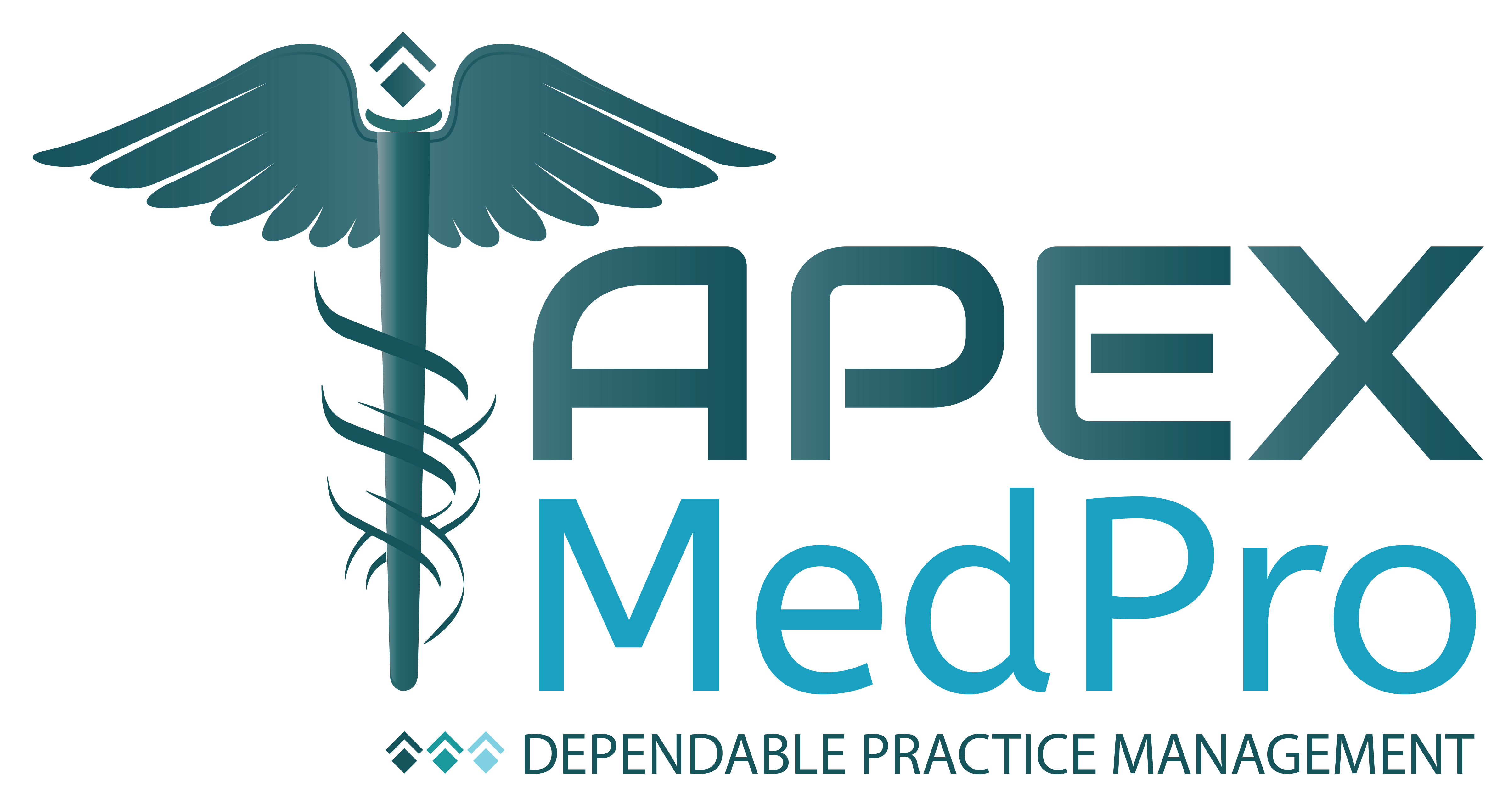Introduction:
In the complex landscape of healthcare revenue cycle management (RCM) plays a crucial role in ensuring the financial viability of medical practices and healthcare organizations. At the heart of the RCM process lies medical billing, which serves as a critical component in maximizing revenue and maintaining the financial health of healthcare providers. This blog aims to delve into the intricate details of medical billing and highlight its significance in the broader context of healthcare revenue cycle management.
Understanding the Healthcare Revenue Cycle:
Before we explore medical billing, it is essential to grasp the concept of the healthcare revenue cycle. The revenue cycle encompasses the entire process of generating revenue for healthcare organizations, starting from the moment a patient seeks medical services to the final settlement of the associated charges. The revenue cycle typically includes several stages, such as pre-registration, patient registration, eligibility verification, charge capture, coding, claims submission, payment processing, denial management, and patient collections.
The Role of Medical Billing:
Medical billing is the critical bridge between the provision of healthcare services and the collection of payments. It involves the accurate translation of medical services rendered into standardized codes and the subsequent submission of claims to insurance payers or patients. Let’s explore the key aspects and responsibilities associated with medical billing:
Charge Capture:
The medical billing process commences with the capture of charges for the services provided. This involves documenting the details of the services, including the procedures performed, medications administered, and any additional supplies utilized. Ensuring accurate and comprehensive charge capture is crucial for maximizing reimbursement and preventing revenue leakage.
Coding:
Once the charges are captured, medical coders assign the appropriate codes to the services provided using standardized code sets such as Current Procedural Terminology (CPT) and International Classification of Diseases (ICD). These codes communicate the specific medical procedures and diagnoses to payers, enabling accurate billing and claims processing.
Claims Submission:
After coding, the medical billing team generates claims based on the coded services and submits them to insurance payers or government programs. This step involves meticulous attention to detail to ensure all necessary documentation and supporting information are included. The claims must comply with payer-specific requirements to avoid rejections or delays in payment.
Payment Processing:
Once the claims are submitted, the medical billing team tracks their progress through the payment processing stage. This involves monitoring the status of claims, identifying any denials or rejections, and following up with payers to resolve issues. Timely and accurate payment posting is essential to maintain a steady cash flow and minimize outstanding accounts receivable.
Denial Management:
Denials are an inevitable part of the medical billing process. Effective denial management involves investigating claim denials, identifying the reasons for rejection, and taking appropriate actions to rectify the issues. This may include resubmitting corrected claims, appealing denials, or engaging in dialogue with payers to resolve discrepancies.
Patient Collections:
In cases where patients are responsible for payment, medical billing teams are responsible for managing patient collections. This involves sending out patient statements, explaining billing details, and establishing payment plans. Clear communication with patients regarding their financial obligations is crucial for timely collections and reducing bad debt.
The Importance of Effective Medical Billing:
Efficient and accurate medical billing has a direct impact on the financial success of healthcare organizations. Here are some key reasons why medical billing is crucial within the healthcare revenue cycle management process:
Revenue Optimization:
Proper medical billing ensures that healthcare providers receive optimal reimbursement for the services they provide. Accurate coding and clean claims submission increase the chances of claims being approved and paid promptly, maximizing revenue.
Compliance and Regulatory Adherence:
Medical billing teams must stay updated with the evolving healthcare regulations and payer requirements. Compliance with coding guidelines and regulations such as the Health

